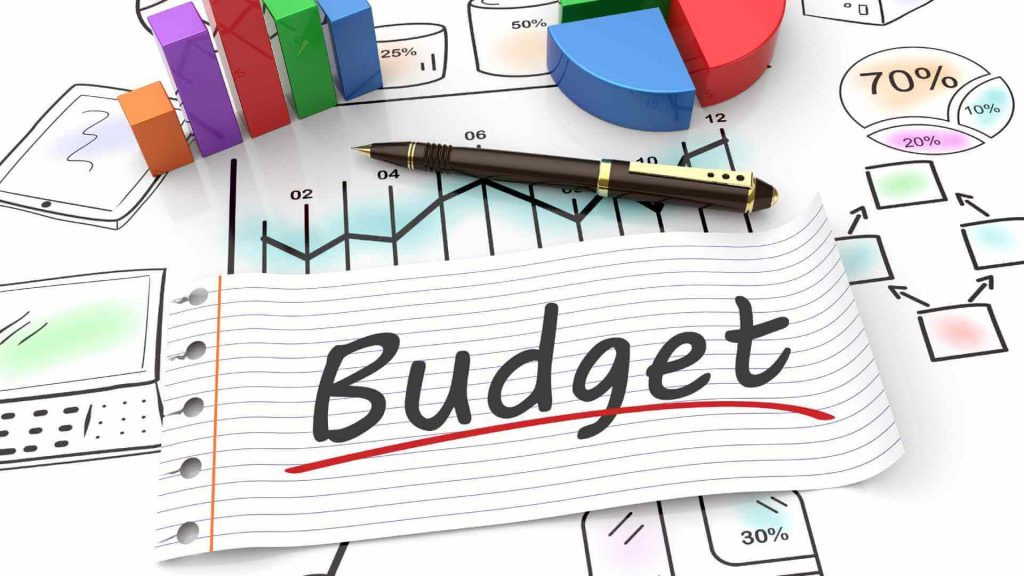Effective and easy budgeting methods

Budgeting doesn’t need to be a difficult and complex exercise. In this article, we discuss seven effective and easy budgeting methods.
Thousands of young South Africans are thrust into financial independence only to find that they are severely underprepared. And because so many of these individuals need to take out loans in order to go to university, pay rent or buy a car, they can be vulnerable to falling into debilitating debt.
An essential skill of money management is effective budgeting, but there are so many people out there who just don’t know how to go about creating a budget that they will actually stick to. We’ve put together a guide to help you use budgeting to manage your debt.
How to create a budget that I will stick to?
The key principle of budgeting is super simple – all you have to do is draw up a spending plan so that the amount of money going out is less than the amount of money coming in. While this sounds easy enough on paper, we all know that actually sticking to a budget plan can be difficult, especially if you are under debt review.
However, there are a few different tried-and-tested methods that people use to budget effectively – you just have to find the system that works best for you.
1. Envelope Budgeting
- Set out a few envelopes dedicated to different expense categories, e.g. rent, savings, groceries, eating out, recreation, etc. Decide how much you would like to spend on each category, and place that amount of cash in the envelope – that is all the money you are allowed to use for that particular expense.
2. Proportional Budgeting
- Assign percentages to your expense categories, e.g. needs, wants and savings, and then distribute your income accordingly. A popular ratio for proportional budgeting is assigning 50% of your budget to essential needs, 30% to wants, and 20% to savings and/or investments.
3. Value-Based Budgeting
- Write out a hierarchical list of what you value most in life – maybe it’s spending time with loved ones, buying slightly more expensive high-quality food, or saving up for travel. Distribute your budget according to the value that you assign to each of these expenses.
4. Pay-Yourself-First Budgeting
- This is a great way to ensure that you are saving money each month. All you have to do is deposit a percentage of your income into your savings account as soon as you get paid, and then allocate your remaining income amongst your other expense categories.
5. Reverse Budgeting
- Reverse budgeting is a pretty cool way to use your money to achieve your long-term goals while still keeping yourself afloat each month. At the beginning of the month, pick a goal such as growing your savings or paying off a loan. Allocate a portion of your income to the pursuit of this goal, and then distribute your remaining money amongst your other expense categories.
6. The Snowball Method
- This well-known debt management plan involves listing all the debts you owe and ranking each from biggest to smallest. Each month, allocate as much money as you can to paying off your smallest debt, making the minimum monthly payments on your larger loans. When you’ve managed to pay off your smallest debt, move on to the next biggest until you’re fully paid off.
7. Create a Bare-Bones Budget
- This one is exactly what it sounds like – create a budget that allocates as much of your income as possible to pay off your debt, with the rest of your money only covering the essentials. You’ll have to give up a few luxuries such as eating out, going to the movies, and Ubering around to see friends, but a bare-bones budget will allow you to make good progress in repaying your loans.
Of course, while budgeting is an essential part of effective money management, it can only take you so far. If your debt has grown to the point that you cannot afford to make your monthly payments and/or cover your other essential expenses, then it’s probably time to call in some expert help.
Our team of financial analysts and debt counsellors is ready and waiting to answer all your debt questions and get you on the path to a debt-free life. Jump to Debtline for a free callback.